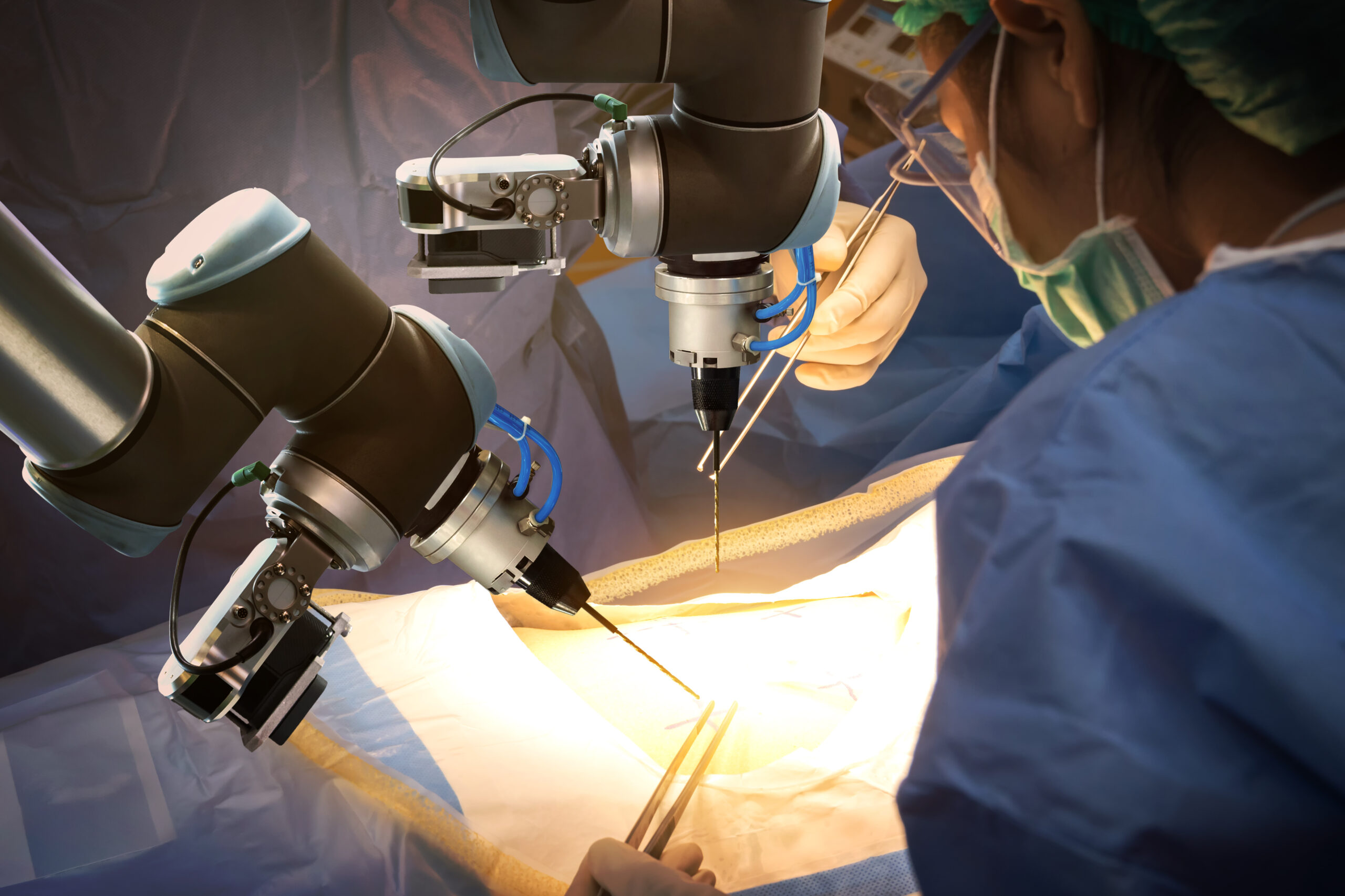Medical
- Amorphous metals (BMGs) are ideal for biomedical applications due to their unique amorphous structure, offering excellent corrosion resistance and biocompatibility.
- They are suitable for medical devices, surgical instruments, and implants due to their high strength, elasticity, and wear resistance.
- Precision molding of amorphous metals enables cost-effective production of high-performance, high-precision components, surpassing the accuracy of metal injection molding (MIM).
- These materials provide a lower-cost alternative to machining for manufacturing complex, high-precision metal parts.

Amorphous Metal Attributes
- High strength
- Extremely high elasticity
- Relatively low stiffness (elastic constants)
- High wear resistance
- High corrosion resistance
- Biocompatibility
Potential Applications
- High performance-high precision parts for medical devices
- End effectors
- Surgery devices
- Gearboxes & actuators for medical devices
- Orthopedic protheses
- Implants, Screws





